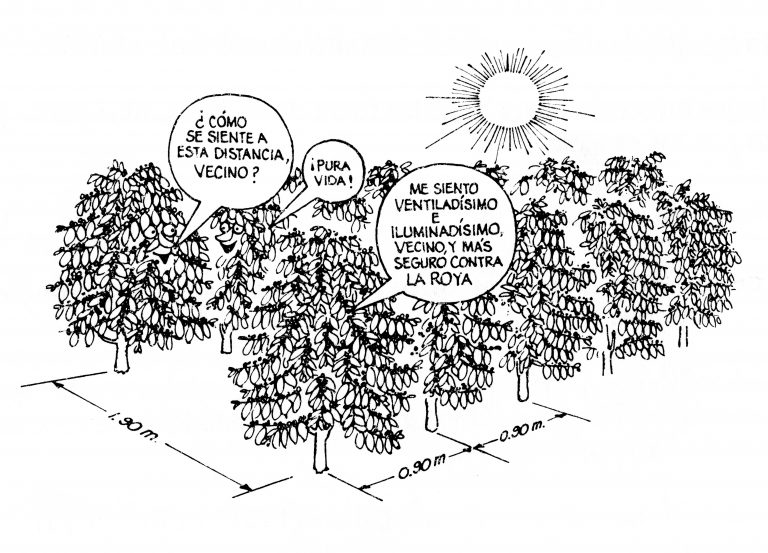The Invisible Scientist: Farmers, Plant Breeders, and the Uneven Modernization of Latin America’s Coffee
Stuart McCook of the University of Guelph

Register for Event
One of the most dramatic transformations of coffee production in Latin America was the “technification” of its coffee farms starting in the 1970s. Plant breeders played a central role in this process. In the 1930s, they began developing new, high-yielding “dwarf” coffee varieties which became the core of the technification program. But there was a lag of several decades between the initial release of these coffees, and their widespread adoption by farmers. And even then, fully technified farming has only become the dominant mode of producing coffee in a handful of countries (albeit large ones). Since then, breeders have continually struggled — with mixed success — to make themselves visible to coffee farmers, to develop coffee varieties that are relevant to their needs. Since 1990, breeders have also had to adapt their breeding programs to take into account the new and increasingly volatile economic and environmental conditions faced by the coffee growers, and the coffee industry as a whole. In particular, breeders have paid attention to improving cup quality, resistance emergent diseases and pests, different farming practices, and the impacts of climate change. Coffee farmers, for their part, have sometimes embraced these new coffees wholeheartedly, sometimes selectively, and sometimes not at all.
This seminar is part of the Seminars in Environmental Agricultural History Series and is sponsored by MIT’s History Faculty and Program in Science, Technology,and Society.
For more information, contact history-info@mit.edu